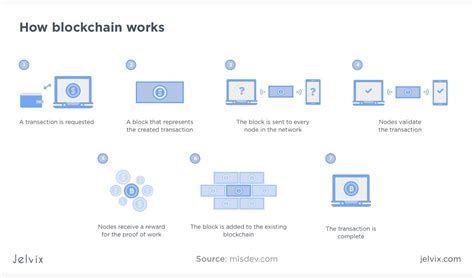Ethereum: Are all transactions (the entire blockchain) actually stored on each client?
Ethereum: Does Each Client Store All Blockchain Transactions?
Transactions from one person to another on the Ethereum blockchain are a complex process involving multiple steps and vendors. While the Ethereum protocol is designed to be decentralized and secure, some explanations suggest that each blockchain client may know all transaction data.
Theory Behind Decentralization
The main goal of blockchain decentralization is to reduce the dependency between clients and a single central provider. In a decentralized blockchain network, each client has access to all transactions that were made before their request was received, allowing for greater transparency and security.
How the Protocol Works
In Ethereum, each transaction is a small block that contains information such as the amount of Ether (ETC) transferred, the recipient’s address, and other additional data. These blocks are concatenated in a sequence and form a confirmation chain called a “block”.
When a client asks a transaction provider (a “miner”) to provide information about a particular transaction, the provider must verify the security and authenticity of the block before sending it to other clients. This is achieved through a combination of cryptography, HMAC hashing (HMAC-based message authentication code), and another security algorithm.
How do I know if all the data is stored on each client?
In theory, there is no explicit way to know the transaction data of a particular client. The prohibition of sin, there are a few considerations:
- Hash
: Each block has a unique hash that identifies its place in the chain. This means that only the transaction provider can generate a hash for a given block.
- Cryptography: Ethereum transactions use encryption to ensure the authenticity and security of data. The hash of each block is used as a password to verify integrity.
Conclusion

While there is no explicit way to know the transaction data of a particular customer, the Ethereum protocol is designed to be decentralized and secure. The combination of cryptography, hashes, and authentication ensures that each customer has access to a secure confirmation chain containing all the relevant information about the transactions they have made.
It is important to keep in mind that the Ethereum protocol will adapt over time to improve security and scalability. However, it is important to note that you should always use appropriate security tools and protocols to protect your transactions and personal information.

Bir cevap yazın